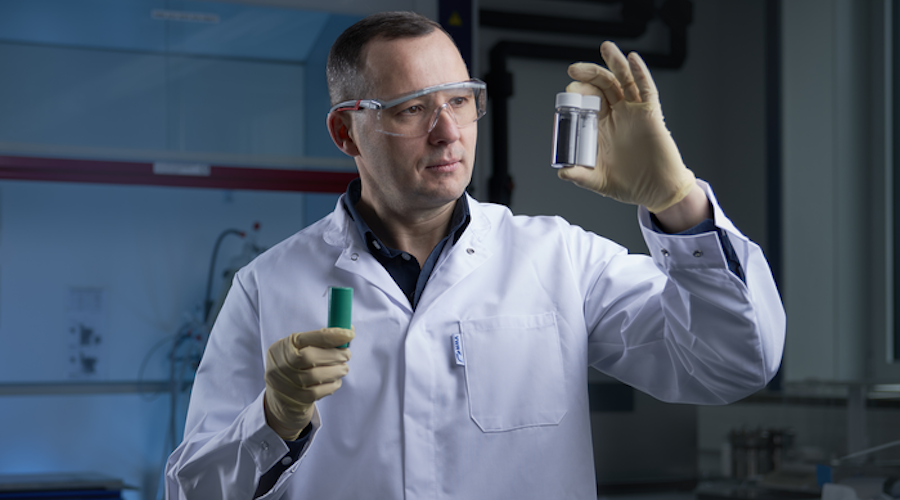New battery recycling system allows for 70% lithium recovery

Researchers at Germany’s Karlsruher Institut fur Technologie have developed a recycling mechanism that allows for recovering 70% of lithium from battery waste without corrosive chemicals, high temperatures, or prior sorting of materials.
In a paper published in the journal Nature Communications Chemistry, the scientists explain that the method combines mechanical processes with chemical reactions and works with any type of lithium-ion battery.
“The method can be applied for recovering lithium from cathode materials of various chemical compositions and, hence, for a large range of commercially available lithium-ion batteries,” Oleksandr Dolotko, first author of the publication, said in a media statement. “It enables inexpensive, energy-efficient, and environmentally compatible recycling.”
The researchers use aluminum as a reducing agent in the mechanochemical reaction. As aluminum is already contained in the cathode, no additional substances are required.
The method works as follows: First, the battery waste is ground. Then, this material reacts with aluminum to metallic composites with water-soluble lithium compounds. Lithium is recovered by dissolving these compounds in water and subsequent heating to make the water evaporate.
According to Dolotko, as the mechanochemical reaction takes place at ambient temperature and pressure, the method is highly energy-efficient.
“Another advantage is its simplicity, which will facilitate its use on an industrial scale, as large amounts of batteries will have to be recycled in the near future,” the researcher said.
More News
{{ commodity.name }}
{{ post.title }}
{{ post.date }}




Comments